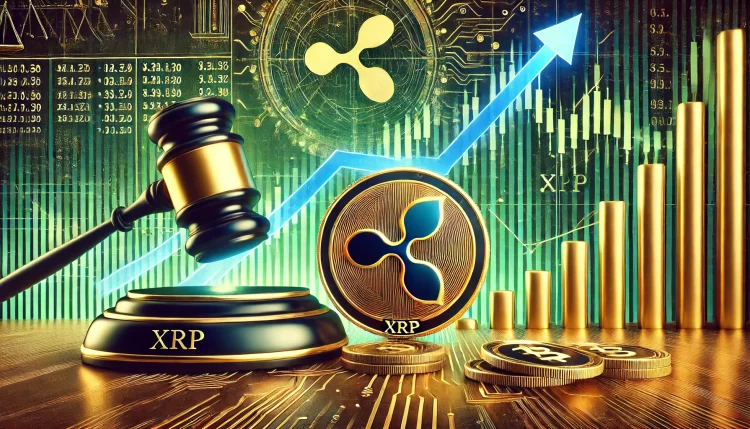- Bill Morgan emphasized that XRP’s legal status could differ under Australian law due to the appeal process’s flexibility.
- Judge Torres ruling on XRP does not guarantee immunity from future legal scrutiny in global or appellate courts.
In a recent development in the continuing legal debate around XRP, crypto lawyer Bill Morgan provided critical insight into the nature of judicial rulings and their interpretation in various jurisdictions.
His comments, which mostly address the ramifications of Judge Torres rulling in the SEC v. Ripple case, imply that legal findings reached in the United States may not be as absolute in other nations, such as Australia.
Morgan stated that in Australian law, the ratio decidendi (the basic reasoning behind a judicial decision) is binding, but obiter dicta (observations made by a judge that are not necessary to the final verdict) may be vulnerable to multiple interpretations on appeal.
I don’t know about the US but the notion that the judge’s finding on the nature of XRP itself cannot to the subject of different treatment on appeal would not be absolute in Australian law. Obiter that is part of the reasoning leading to the ratio could be treated differently on… https://t.co/f1WHpv80y1
— bill morgan (@Belisarius2020) September 9, 2024
XRP Legal Definition Faces Uncertainty in Future Appeals
This divergence raises an important question about the nature of XRP and how it has been defined by the courts. While Ripple praised Judge Torres order as a partial success, stating that XRP’s programmatic sales on digital exchanges did not constitute investment contracts, it is unclear how this decision would be upheld in appellate courts or in legal systems outside the United States.
According to Morgan, the judge’s decision on the nature of XRP could be overturned during an appeal if the rationale and conclusions do not follow recognized legal standards or are rejected by a higher court.
Morgan’s findings are especially significant since they pave the way for prospective legal challenges to XRP’s status, not only in the United States but possibly in other countries.
Given that the SEC is expected to appeal the case, and global markets are carefully watching the outcome, the broader consequences of this decision cannot be overlooked.
Morgan stressed that, while the SEC classified several sorts of XRP sales (programmatic, institutional, and others), the court’s judgment does not necessarily protect XRP from further examination or legal problems.
Morgan’s research also addressed the varied interpretations of the Howey Test, which is used to assess whether a financial transaction qualifies as an investment contract.
He observed that Judge Torres decision was based on separate types of transactions, but this does not rule out the possibility that other courts, particularly in appeals or international settings, will reach different judgments based on the same facts.
The Ripple case, which has already sparked widespread interest because of its potential to create a precedent for the larger cryptocurrency market, is far from resolved. With the prospect of an appeal looming and the complexities of foreign legal interpretations, XRP legal status remains unknown.
This uncertainty is worsened by recent market volatility, which has caused XRP’s price to vary in response to broader economic concerns such as global stock market falls and poor PMI surveys.
On the other hand, CNF previously highlighted an analyst who revealed that Ripple is close to getting approval from the UK’s FCA after successfully securing a suspension of monetary sanctions.
The XRP community expects Ripple to launch an Initial Public Offering (IPO) in London in 2025 after obtaining a license from the UK’s financial regulator.
Meanwhile, as of writing, XRP is trading about $0.5361, up 0.72% over the last 24 hours and has daily transaction volume by $797.74 million.
Recommended for you:
No spam, no lies, only insights. You can unsubscribe at any time.
Credit: Source link












































































































































